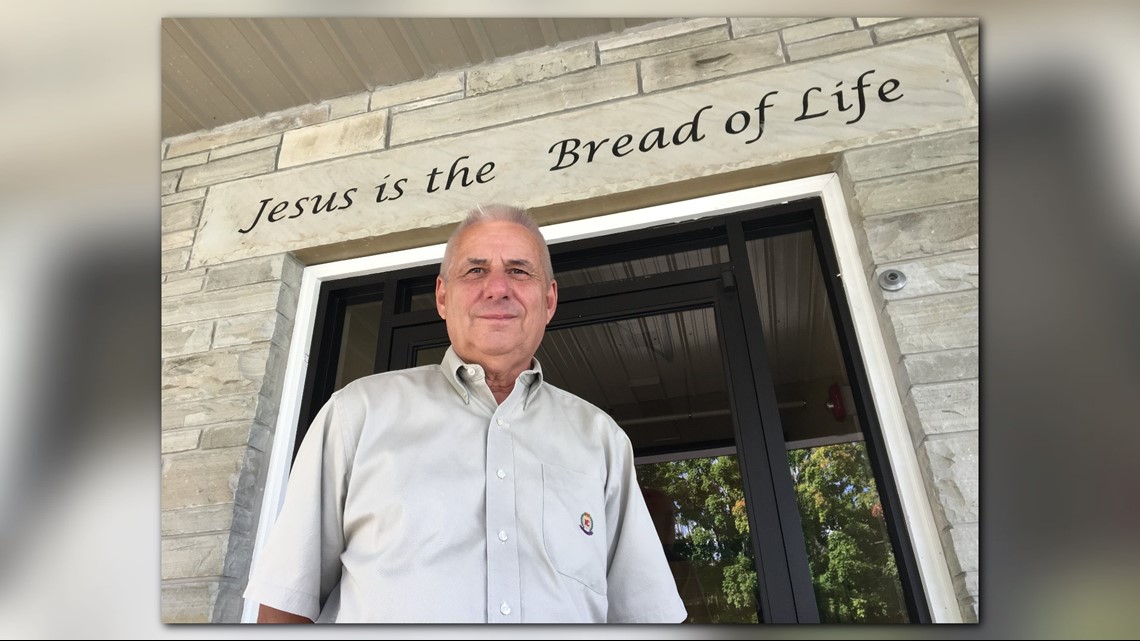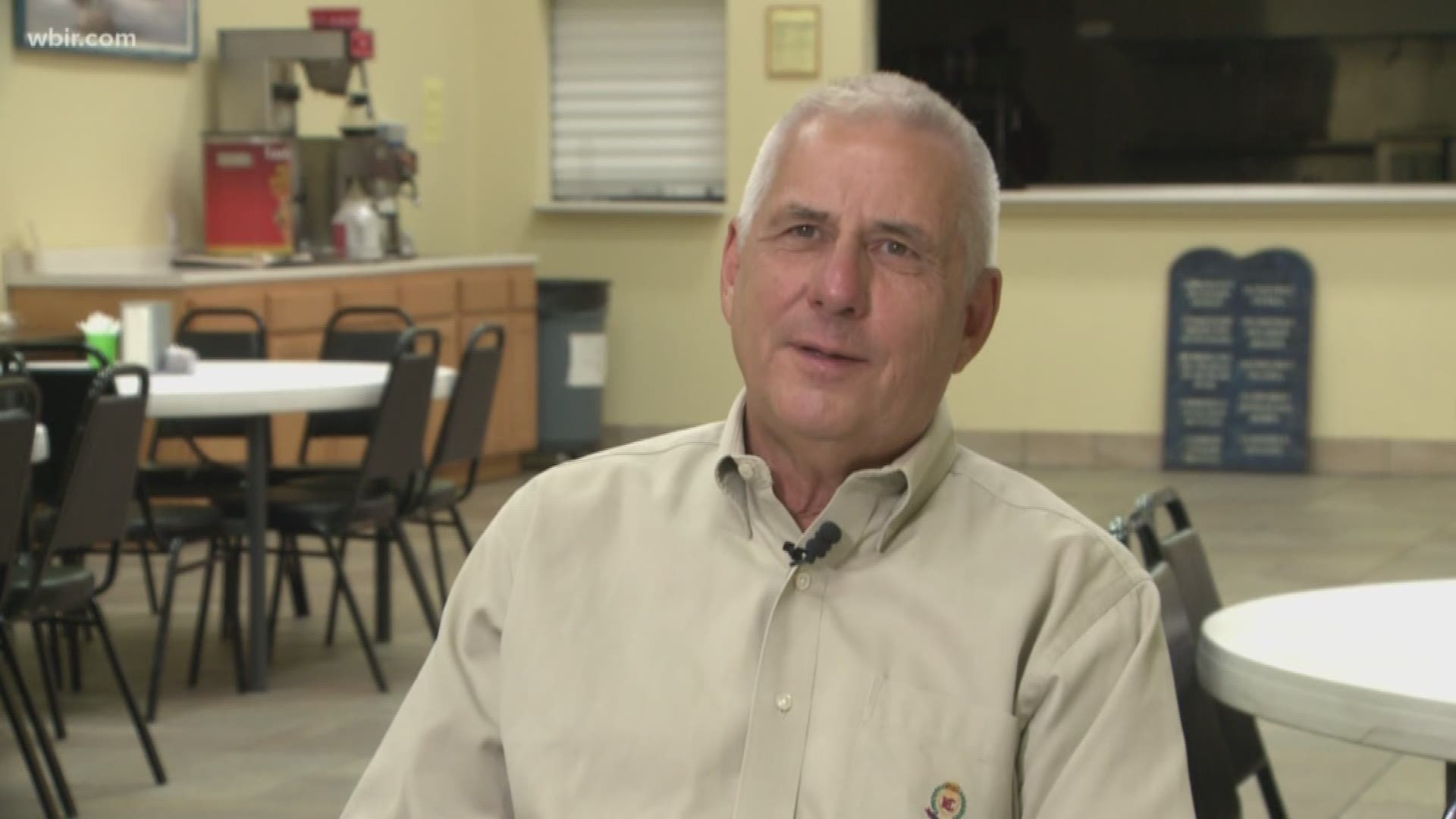Gov. Bill Haslam granted clemency to four Tennesseans Thursday, the start of what is expected to be a series of such actions he takes before leaving office.
“These individuals have distinguished themselves in both their rehabilitation and their individual contributions to the community,” Haslam said in a news release.
“After thoughtfully considering the circumstances of each of their cases, I believe exercising the executive clemency power will help further these individuals’ positive influence on their communities and the lives of their fellow Tennesseans.”
Of the four people who received clemency, three were already out of prison. One of those three was from East Tennessee.
The governor's pardon does not remove their convictions from their records, but does potentially open doors to an expungement down the road in addition to employment and other benefits.
Of the four was Ralph Randall Reagan, who was pardoned for his 1980 and 1982 burglary convictions in Cumberland County and his 1984 conviction for escape in Knox County.


“What this will do is open more doors for me to minister and help more people than what I’m doing today," Reagan said.
Haslam said Reagan later earned his doctorate in theology. He served in a ministry with the First Baptist Church of Crossville and in 2001 started the Bread of Life Rescue Mission. The organization provides food, shelter and other services for those in need.
Reagan said before he started helping others he received a different pardon.
"I was twice pardoned. I was pardoned by Christ the first time, and I was pardoned by the governor the second time," he said.
Reagan also wrote a book about his life in 2008 -- called "Fallen, Felon and finally Faith."
He said his mission is to be an example to people and help give them hope to be better.
Another one of the four was Michelle Lea Martin.
Martin had her 25-year sentence commuted to supervised parole, effective Dec. 20. Martin pleaded guilty in 2004 to second-degree murder in Bledsoe County related to the death of her father in 2001, according to a news release.
Her father sexually abused Martin when she was a child, and abused her mother, according to the news release. Martin shot and killed her father after a confrontation about his abuse of her mother, according to the news release.
Martin, her mother and her boyfriend then reportedly took her father's body and concealed it in a barrel of cement, according to Tennessean archives.
Haslam noted Martin's status as a model prisoner, pointing to her earning a degree from Lipscomb University while behind bars.
"It has completely changed who I am," Martin told The Tennessean in 2015, after graduating with an associate's degree. "It's opened my eyes to the world that I never knew existed."
The Board of Parole did not grant a hearing in Martin's case, according to a Haslam spokeswoman.
The two other men who received pardons are:
Robert James Sheard Jr, who was pardoned for his 1984 conviction of misdemeanor assault and battery in Shelby County.
Steven Lee Kennedy, who received a pardon for his 1979 conviction of aiding and abetting fraudulent use of a credit card in Sullivan County.
The six-member Board of Parole unanimously recommended pardons for each of Reagan, Kennedy and Sheard Jr.
Recently, Haslam told the USA TODAY NETWORK - Tennessee that he planned to start granting clemency.
"We haven’t done any (pardons) so far. We will definitely do some in the next six months. I don’t think you’ll see a flood but I don’t think it’ll be two or three either," said Haslam, during a wide-ranging interview for the new organization's policy and politics podcast.
"I think we’ll take a moderate approach to it."
Haslam has yet to weigh in on two very controversial cases: Cyntoia Brown and Billy Ray Irick.
Haslm acknowledged Brown's cases mirrors Martin's. Brown is serving a life sentence for a 2004 murder committed when she was 16. Advocates for Brown say she was a victim of sex trafficking and killed Johnny Allen because she thought her life was in danger.
Irick, a 59-year-old Knoxville man convicted of the 1985 rape and murder of a 7-year-old girl, is on death row and scheduled to die Aug. 9. It would be the state's first execution since 2009, the year before Haslam was elected.
In December 2017, Haslam exonerated Lawrence McKinney, who spent 31 years in prison after DNA evidence led a court to overturn his conviction.
The exoneration, which came roughly eight years after McKinney was released from prison, allowed McKinney to formally apply for compensation with the Tennessee Board of Claims.

